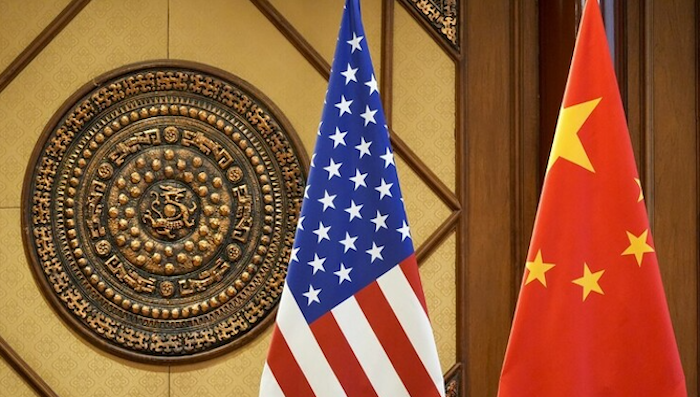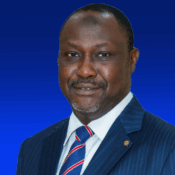
US and China Resuming Nuclear Arms Talks Following a Five-Year Break, Beijing Assures Taiwan of No Atomic Threats
During semi-official talks, Chinese diplomats reassured the US that there are no nuclear threats regarding Taiwan.
For the first time in five years, the United States and China reopened semi-official nuclear armament talks in March. Two American delegates who were present said Beijing’s delegates assured their American counterparts that they would not use nuclear threats in relation to Taiwan.
After their U.S. counterparts expressed concerns that China might use, or threaten to use, nuclear weapons if it lost a fight over Taiwan, the Chinese delegates reassured them. Beijing considers the democratically run island to be part of its territory; Taipei’s administration disputes this.
The U.S. organizer of the Track Two discussions, professor David Santoro, said that “they told the U.S. side that they are absolutely convinced that they are able to prevail in a conventional fight over Taiwan without using nuclear weapons.” Reuters is reporting the details of the negotiations for the first time.
Former government officials and scholars who can speak authoritatively about their government’s position—even if they weren’t personally engaged in determining it—usually participate in Track Two sessions. Track One refers to government-to-government talks.
The two-day deliberations took held in a conference room of a Shanghai hotel, and roughly six delegates, including former officials and professors, represented Washington.
A group of academics and analysts from Beijing was deployed, along with a few former PLO officials.
In response to inquiries from Reuters, a State Department representative stated that Track Two discussions might be “beneficial”. Despite being informed about the meeting in March, the department did not attend, according to the spokeswoman.
Formal negotiations, which “require participants to speak authoritatively on issues that are often highly compartmentalized within (Chinese) government circles,” cannot be replaced by these kinds of conversations, the spokesperson added.
Requests for comments were not answered by Beijing’s defense ministry or members of the Chinese team.
During the informal talks between the nuclear-armed nations, authorities in Washington and Beijing accused one another of negotiating in bad faith as they disagreed on a number of significant geopolitical and economic matters.
In November, the two nations briefly resumed their Track One nuclear armament talks, but since then, the talks have stopped, with a senior U.S. official openly voicing dissatisfaction with China’s attitude.
The Pentagon stated in October that China “would also consider nuclear use to restore deterrence if a conventional military defeat in Taiwan” threatened CCP rule. The Pentagon believes that Beijing’s nuclear arsenal rose by more than 20% between 2021 and 2023.
China has increased its military presence surrounding the island throughout the last four years and has never denied the use of force to annex Taiwan.
The two-decade nuclear weapons and posture discussion came to a standstill in 2019 after the Trump administration withdrew funding for the Track Two negotiations.
Only the Shanghai meeting addressed nuclear weapons and posture in depth after the COVID-19 epidemic, but semi-official talks on larger security and energy problems were resumed after the outbreak.
The director of the Pacific Forum research group, Santoro, is headquartered in Hawaii. He said that there were “frustrations” during the most recent talks, but both delegations found value in carrying on their conversation. More talks were scheduled for 2025, he stated.
Although he was not present during the March conversations, William Alberque, a nuclear policy expert at the Henry Stimson Center think tank, stated that the Track Two negotiations were helpful during a period of cold ties between the United States and China.
When it comes to nuclear weapons, he stated, “It’s important to continue talking with China with absolutely no expectations.”
All Categories
Recent Posts
Tags
+13162306000
zoneyetu@yahoo.com



